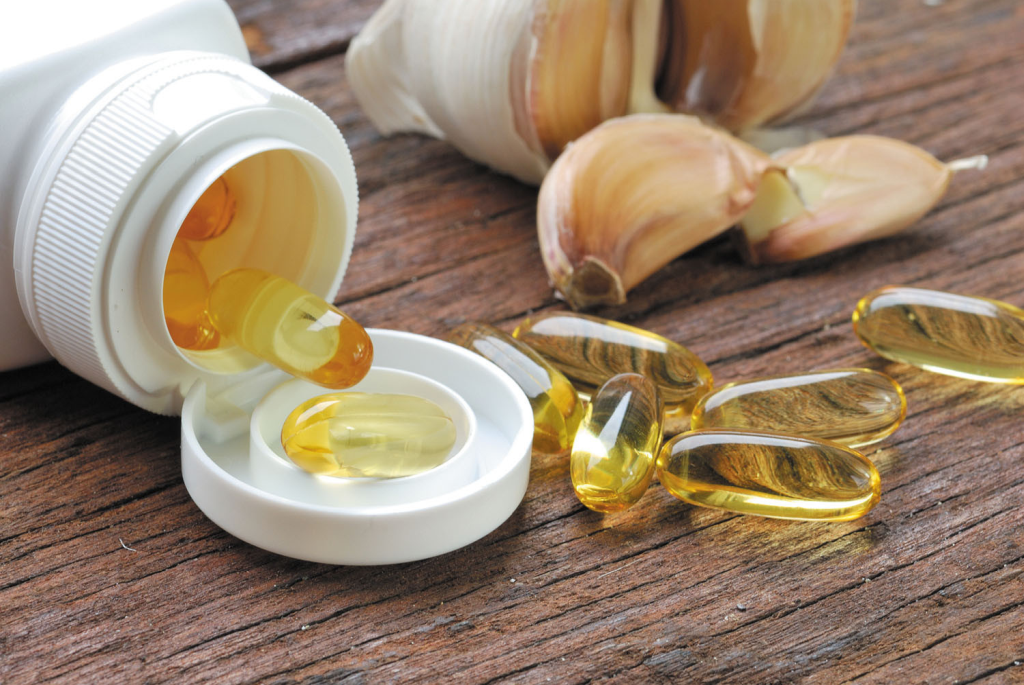Health supplements have become a daily habit for millions of people worldwide. From multivitamins and omega 3 capsules to herbal blends and performance enhancers, supplements provide a convenient way to support overall health. However, one question that consumers often overlook is how long these products actually last. Like any consumable item, supplements come with an expiration date that reflects both safety and potency.
While many assume supplements remain effective indefinitely, the truth is that storage conditions, formulation, and packaging all play critical roles in determining their lifespan. This is especially important for individuals who rely on supplements as part of their workout recovery routine. Protein powders, amino acids and electrolyte mixes are often consumed daily after training, and their effectiveness can decline if they are not stored correctly or used within their recommended timeframe.
Understanding how long supplements last and how to maximize their shelf life can help you make smarter choices about both your health and your spending.
What Determines Supplement Shelf Life?
The longevity of supplements depends on several factors. First, the type of supplement matters: vitamins, minerals, probiotics, and herbal products each have different stability profiles. Second, the manufacturing process and quality of ingredients influence how long they retain their potency. Finally, packaging plays a vital role—dark bottles, airtight seals, and protective capsules all help extend shelf life.
It’s also worth noting that supplements don’t always degrade at the same pace. For example, vitamin C tends to lose strength more quickly than minerals like iron or zinc. In other fields of health and science, similar concerns arise. A common example is the question how long do peptides last in powder form,which highlights how storage conditions can impact potency and effectiveness. This shows that whether it’s supplements, proteins, or other compounds, stability over time is a universal concern.
The Role of Expiration Dates
Expiration dates on supplement bottles are more than just formalities. They represent the timeframe during which the manufacturer guarantees full potency. While many supplements may remain safe to consume after this date, their effectiveness may drop significantly.
For example, probiotics are highly sensitive to temperature and moisture. If stored improperly, their live cultures may die off well before the expiration date. On the other hand, minerals like calcium or magnesium tend to remain stable for years. This variability makes it important to pay attention to product-specific guidelines rather than assuming all supplements behave the same way.

Storage Conditions Matter
Even the best-quality supplements can lose their potency if they are not stored correctly. Exposure to heat, light, air, and moisture accelerates degradation. That’s why it’s generally recommended to keep supplements in a cool, dry place, away from direct sunlight and humidity.
For households, this often means avoiding the bathroom cabinet, where steam from showers can quickly damage capsules or powders. Instead, a kitchen pantry or a dedicated storage box in a cool area of the home is a better choice. Some supplements, such as certain probiotics or fish oil, may even require refrigeration for maximum stability.
How to Tell If Supplements Have Expired
Sometimes it’s obvious when a supplement has gone bad, while other times it’s harder to tell. Warning signs include changes in color, smell, texture, or taste. Tablets that crumble easily, capsules that stick together, or powders that develop clumps may indicate that the product has degraded.
If a supplement has passed its expiration date but shows no visible signs of spoilage, it may still be safe, though likely less effective. However, for products that play a critical role in health management—such as prenatal vitamins, high-dose vitamin D, or prescription-based supplements—it’s best not to take chances with reduced potency.
Getting the Most Out of Your Supplements
To maximize the life of your supplements, always follow storage instructions carefully. Keep the lid tightly sealed, avoid transferring supplements to non-protective containers, and be mindful of expiration dates. Purchasing smaller quantities more frequently can also help ensure that you’re consuming supplements at their peak potency.
Additionally, buying from reputable brands that use high-quality manufacturing processes and protective packaging can make a significant difference. Transparency about testing and storage guidelines is often a good indicator of a reliable supplement company.
Conclusion
Health supplements are valuable tools for supporting nutrition and wellness, but like all consumables, they don’t last forever. Their shelf life is influenced by factors such as ingredient type, packaging, and storage conditions. While expiration dates provide a useful guideline, consumer habits like where and how supplements are stored are equally important.
By paying attention to these details, you can make sure your supplements remain effective for as long as possible. Ultimately, knowing how long supplements last not only protects your investment but also ensures that you continue receiving the health benefits you expect.


